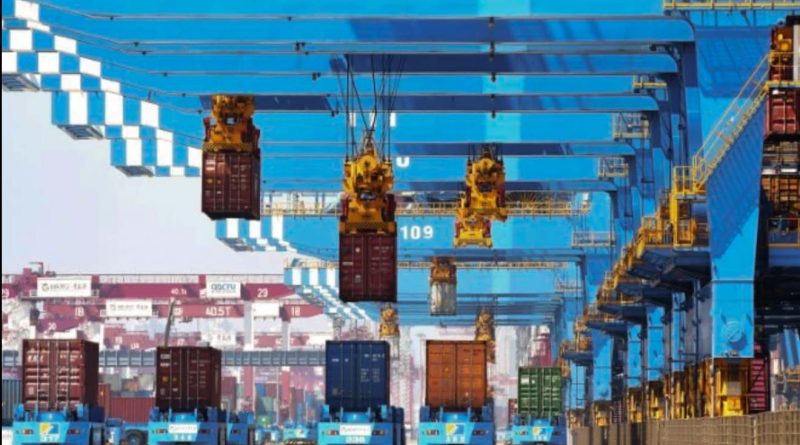As Bangladesh moves ahead with a series of trade negotiations — including Preferential Trade Agreements (PTAs), Free Trade Agreements (FTAs), and Economic Partnership Agreements (EPAs) — experts have cautioned that the country lacks the necessary trade-defence mechanisms to protect its domestic industries.
The government is currently in talks with several nations, with its EPA with Japan nearing completion. However, economists and industry insiders warn that Bangladesh’s limited institutional capacity could leave local manufacturers exposed to unfair practices such as dumping and subsidised imports.
At present, the Bangladesh Trade and Tariff Commission (BTTC) operates a trade defence desk with only five officials — one of whom is on leave. Despite growing import competition, the desk has yet to receive a single formal application for protection from the private sector.
Former BTTC member Dr Mostafa Abid Khan said that while the mechanism exists, the private sector must take the first step. “To impose anti-dumping duties, industries must file a comprehensive, evidence-based application. Only then can the government proceed,” he explained.
Some local manufacturers have already sounded the alarm. AKM Alamgir Hussain, head of commercial at Partex Gypsum Board, said his company, which invested nearly Tk 3 billion and employs 3,000 workers, is struggling to compete against cheap imports. “We’re facing survival challenges due to the dumping of finished gypsum from India, Thailand, and China. We have already submitted an application to the Tariff Commission,” he said.
Commerce ministry officials acknowledged that while FTAs and EPAs reduce trade barriers, they can also expose domestic industries to competitive pressure. They stressed the need for anti-dumping and safeguard measures to ensure that local firms are not overwhelmed by subsidised or underpriced imports.
Despite these risks, Bangladesh’s Smooth Transition Strategy (STS) — designed to guide the post-LDC graduation process — makes no mention of trade defence. Instead, it focuses on export diversification, business climate improvement, and digital facilitation tools such as the National Single Window.
Prof Mustafizur Rahman, distinguished fellow at the Centre for Policy Dialogue (CPD), warned that Bangladesh’s current framework is insufficient. “As an LDC, Bangladesh has enjoyed preferential treatment. After graduation, it must strengthen its institutional and human capacity to handle complex trade-defence cases,” he said.
Abul Kasem Khan, chairman of the Business Initiative Leading Development (BUILD), echoed this concern. “We are signing trade deals rapidly, but we lack skilled negotiators and trade experts. This could weaken our position in future disputes,” he cautioned.
At a recent workshop, Hafizur Rahman of the FBCCI also urged the government to act swiftly to bolster trade-defence mechanisms ahead of graduation, warning that inaction could expose domestic industries to lasting damage.
Bangladesh already faces anti-dumping duties on several exports, including jute to India and hydrogen peroxide to Pakistan — a warning sign, experts say, of what may come if the country enters deeper trade liberalisation without adequate safeguards.






